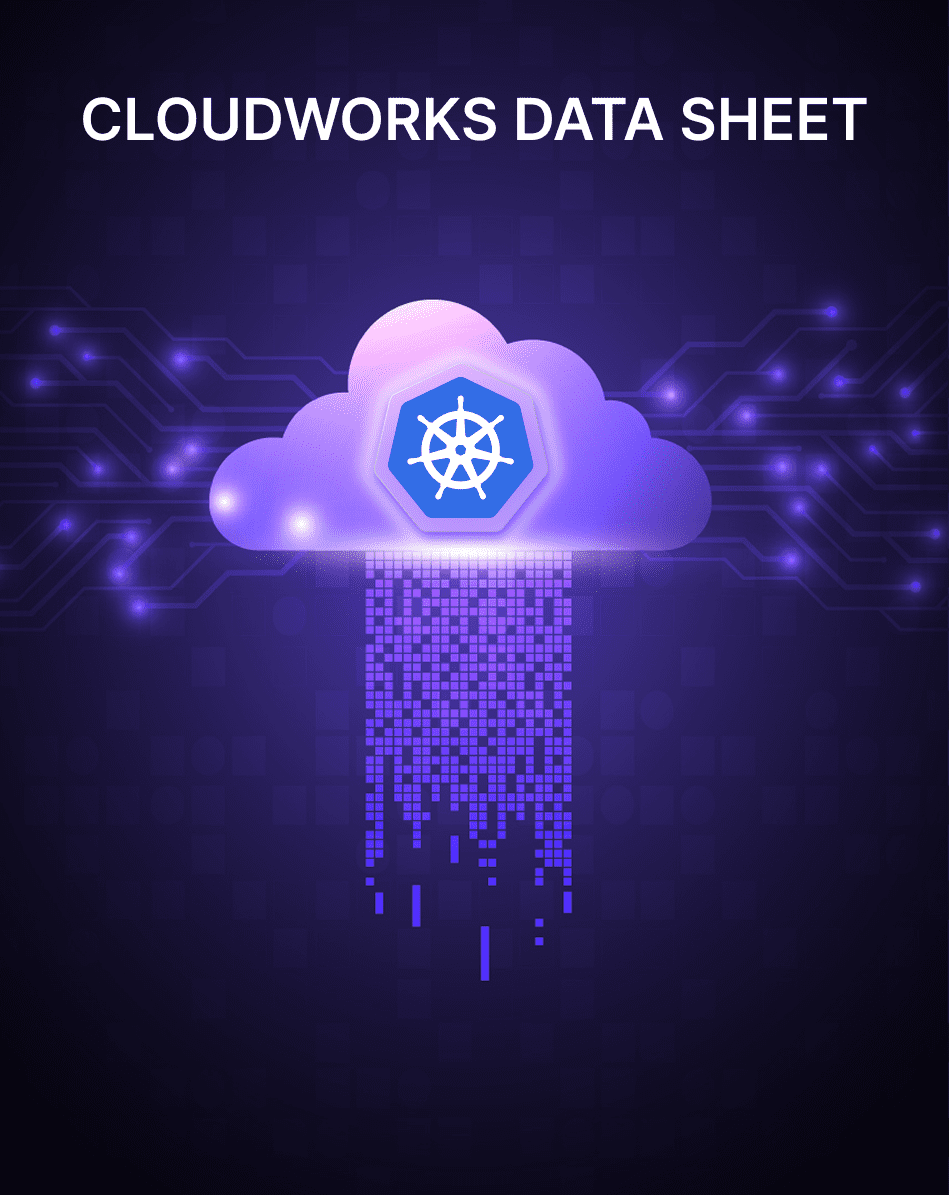Identity concepts
User management
Identity user management examples:
-
Create a user named
alice:$ openstack user create --password-prompt --email [email protected] alice -
Create a project named
acme:$ openstack project create acme --domain default -
Create a domain named
emea:$ openstack --os-identity-api-version=3 domain create emea -
Create a role named
compute-user:$ openstack role create compute-userNote
Individual services assign meaning to roles, typically through
limiting or granting access to users with the role to the operations
that the service supports. Role access is typically configured in the
service’spolicy.yamlfile. For example, to limit Compute
access to thecompute-userrole, edit the Compute service’s
policy.yamlfile to require this role for Compute
operations.
The Identity service assigns a project and a role to a user. You
might assign the compute-user role to the
alice user in the acme project:
$ openstack role add --project acme --user alice compute-userA user can have different roles in different projects. For example,
Alice might also have the admin role in the
Cyberdyne project. A user can also have multiple roles in
the same project.
The /etc/[SERVICE_CODENAME]/policy.yaml file controls
the tasks that users can perform for a given service. For example, the
/etc/nova/policy.yaml file specifies the access policy for
the Compute service, the /etc/glance/policy.yaml file
specifies the access policy for the Image service, and the
/etc/keystone/policy.yaml file specifies the access policy
for the Identity service.
The default policy.yaml files in the Compute, Identity,
and Image services recognize only the admin role. Any user
with any role in a project can access all operations that do not require
the admin role.
To restrict users from performing operations in, for example, the
Compute service, you must create a role in the Identity service and then
modify the /etc/nova/policy.yaml file so that this role is
required for Compute operations.
For example, the following line in the
/etc/cinder/policy.yaml file does not restrict which users
can create volumes:
"volume:create": "",If the user has any role in a project, he can create volumes in that
project.
To restrict the creation of volumes to users who have the
compute-user role in a particular project, you add
"role:compute-user":
"volume:create": "role:compute-user",To restrict all Compute service requests to require this role, the
resulting file looks like:
{
"admin_or_owner": "role:admin or project_id:%(project_id)s",
"default": "rule:admin_or_owner",
"compute:create": "role:compute-user",
"compute:create:attach_network": "role:compute-user",
"compute:create:attach_volume": "role:compute-user",
"compute:get_all": "role:compute-user",
"compute:unlock_override": "rule:admin_api",
"admin_api": "role:admin",
"compute_extension:accounts": "rule:admin_api",
"compute_extension:admin_actions": "rule:admin_api",
"compute_extension:admin_actions:pause": "rule:admin_or_owner",
"compute_extension:admin_actions:unpause": "rule:admin_or_owner",
"compute_extension:admin_actions:suspend": "rule:admin_or_owner",
"compute_extension:admin_actions:resume": "rule:admin_or_owner",
"compute_extension:admin_actions:lock": "rule:admin_or_owner",
"compute_extension:admin_actions:unlock": "rule:admin_or_owner",
"compute_extension:admin_actions:resetNetwork": "rule:admin_api",
"compute_extension:admin_actions:injectNetworkInfo": "rule:admin_api",
"compute_extension:admin_actions:createBackup": "rule:admin_or_owner",
"compute_extension:admin_actions:migrateLive": "rule:admin_api",
"compute_extension:admin_actions:migrate": "rule:admin_api",
"compute_extension:aggregates": "rule:admin_api",
"compute_extension:certificates": "role:compute-user",
"compute_extension:cloudpipe": "rule:admin_api",
"compute_extension:console_output": "role:compute-user",
"compute_extension:consoles": "role:compute-user",
"compute_extension:createserverext": "role:compute-user",
"compute_extension:deferred_delete": "role:compute-user",
"compute_extension:disk_config": "role:compute-user",
"compute_extension:evacuate": "rule:admin_api",
"compute_extension:extended_server_attributes": "rule:admin_api",
"compute_extension:extended_status": "role:compute-user",
"compute_extension:flavorextradata": "role:compute-user",
"compute_extension:flavorextraspecs": "role:compute-user",
"compute_extension:flavormanage": "rule:admin_api",
"compute_extension:floating_ip_dns": "role:compute-user",
"compute_extension:floating_ip_pools": "role:compute-user",
"compute_extension:floating_ips": "role:compute-user",
"compute_extension:hosts": "rule:admin_api",
"compute_extension:keypairs": "role:compute-user",
"compute_extension:multinic": "role:compute-user",
"compute_extension:networks": "rule:admin_api",
"compute_extension:quotas": "role:compute-user",
"compute_extension:rescue": "role:compute-user",
"compute_extension:security_groups": "role:compute-user",
"compute_extension:server_action_list": "rule:admin_api",
"compute_extension:server_diagnostics": "rule:admin_api",
"compute_extension:simple_tenant_usage:show": "rule:admin_or_owner",
"compute_extension:simple_tenant_usage:list": "rule:admin_api",
"compute_extension:users": "rule:admin_api",
"compute_extension:virtual_interfaces": "role:compute-user",
"compute_extension:virtual_storage_arrays": "role:compute-user",
"compute_extension:volumes": "role:compute-user",
"compute_extension:volume_attachments:index": "role:compute-user",
"compute_extension:volume_attachments:show": "role:compute-user",
"compute_extension:volume_attachments:create": "role:compute-user",
"compute_extension:volume_attachments:delete": "role:compute-user",
"compute_extension:volumetypes": "role:compute-user",
"volume:create": "role:compute-user",
"volume:get_all": "role:compute-user",
"volume:get_volume_metadata": "role:compute-user",
"volume:get_snapshot": "role:compute-user",
"volume:get_all_snapshots": "role:compute-user",
"network:get_all_networks": "role:compute-user",
"network:get_network": "role:compute-user",
"network:delete_network": "role:compute-user",
"network:disassociate_network": "role:compute-user",
"network:get_vifs_by_instance": "role:compute-user",
"network:allocate_for_instance": "role:compute-user",
"network:deallocate_for_instance": "role:compute-user",
"network:validate_networks": "role:compute-user",
"network:get_instance_uuids_by_ip_filter": "role:compute-user",
"network:get_floating_ip": "role:compute-user",
"network:get_floating_ip_pools": "role:compute-user",
"network:get_floating_ip_by_address": "role:compute-user",
"network:get_floating_ips_by_project": "role:compute-user",
"network:get_floating_ips_by_fixed_address": "role:compute-user",
"network:allocate_floating_ip": "role:compute-user",
"network:deallocate_floating_ip": "role:compute-user",
"network:associate_floating_ip": "role:compute-user",
"network:disassociate_floating_ip": "role:compute-user",
"network:get_fixed_ip": "role:compute-user",
"network:add_fixed_ip_to_instance": "role:compute-user",
"network:remove_fixed_ip_from_instance": "role:compute-user",
"network:add_network_to_project": "role:compute-user",
"network:get_instance_nw_info": "role:compute-user",
"network:get_dns_domains": "role:compute-user",
"network:add_dns_entry": "role:compute-user",
"network:modify_dns_entry": "role:compute-user",
"network:delete_dns_entry": "role:compute-user",
"network:get_dns_entries_by_address": "role:compute-user",
"network:get_dns_entries_by_name": "role:compute-user",
"network:create_private_dns_domain": "role:compute-user",
"network:create_public_dns_domain": "role:compute-user",
"network:delete_dns_domain": "role:compute-user"
}Service management
The Identity service provides identity, token, catalog, and policy
services. It consists of:
-
- keystone Web Server Gateway Interface (WSGI) service
-
Can be run in a WSGI-capable web server such as Apache httpd to
provide the Identity service. The service and administrative APIs are
run as separate instances of the WSGI service.
-
- Identity service functions
-
Each has a pluggable back end that allow different ways to use the
particular service. Most support standard back ends like LDAP or
SQL.
The Identity service also maintains a user that corresponds to each
service, such as, a user named nova for the Compute
service, and a special service project called service.
For information about how to create services and endpoints, see the
Administrator Guide <manage_services>.
Groups
A group is a collection of users in a domain. Administrators can
create groups and add users to them. A role can then be assigned to the
group, rather than individual users. Groups were introduced with the
Identity API v3.
Identity API V3 provides the following group-related operations:
- Create a group
- Delete a group
- Update a group (change its name or description)
- Add a user to a group
- Remove a user from a group
- List group members
- List groups for a user
- Assign a role on a project to a group
- Assign a role on a domain to a group
- Query role assignments to groups
Note
The Identity service server might not allow all operations. For
example, if you use the Identity server with the LDAP Identity back end
and group updates are disabled, a request to create, delete, or update a
group fails.
Here are a couple of examples:
- Group A is granted Role A on Project A. If User A is a member of
Group A, when User A gets a token scoped to Project A, the token also
includes Role A. - Group B is granted Role B on Domain B. If User B is a member of
Group B, when User B gets a token scoped to Domain B, the token also
includes Role B.




